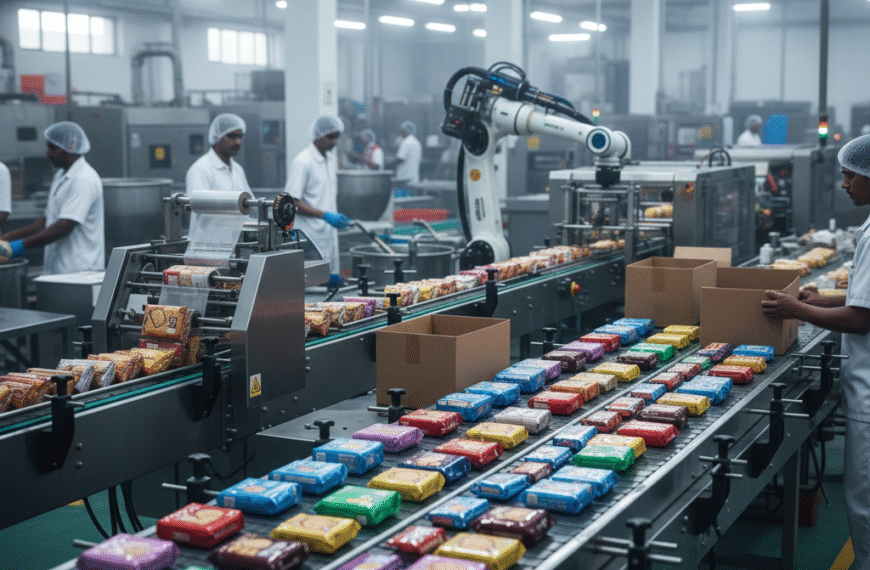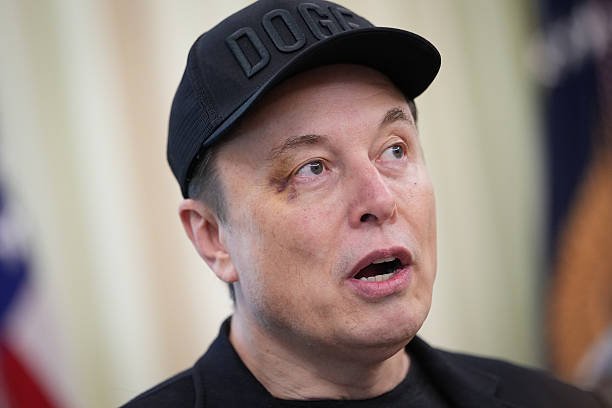Volvo Cars, the Sweden-based automaker owned by China’s Greely Holding, has announced a major cost-cutting move. The company plans to reduce around 3,000 office-based jobs in Sweden, representing about 15% of its white-collar workforce. This decision is part of an ongoing effort to manage rising costs and declining global sales.
Just last month, Volvo introduced an 18 billion Swedish kronor ($ 1.9 billion) business restructuring plan. The company’s CEO Håkan Samuelsson, noted that the industry is in a difficult period, pointing to higher material costs, slowing European sales, and global tariffs, including the 25% US tax on imported vehicles.
Despite having strong roots in Sweden, Volvo has major manufacturing plants across Europe, China, and the United States. The company was sold by Ford to Geely in 2010. In recent years, Volvo has aimed for a full shift to electric vehicles by 2030. However, it recently scaled back this target due to global market instability and new tariffs on electric cars.
In April, Volvo reported an 11% drop in global car sales compared to the same time last year, underlining the tough market conditions.
The layoffs come at a time when other major carmakers are also cutting costs. Nissan recently announced it would slash 11,000 jobs globally and close seven factories after weak performance in China and the US. The company’s sales in key markets have fallen sharply, and its planned merger with Honda and Mitsubishi failed earlier this year.
Competition in the electric vehicle market is becoming even fiercer. Chinese EV leader BYD recently reduced prices on more than 20 models, bringing its lowest-priced Seagull EV to just 55,800 yuan ($7,745). In response, rival carmakers like Changan and Leapmotor, backed by Stellantis, also announced price cuts.
Following these developments, shares in several Chinese car manufactures dropped, showing how tight the competition has become. BYD even outsold Tesla in Europe this April, according to data from Jato Dynamics.
The global car industry is clearly under pressure. Rising costs, changing technologies, and market slowdowns are forcing companies to make tough decisions. Volvo’s job cuts are just one sign of a wider transformation happening across the automotive world.






















